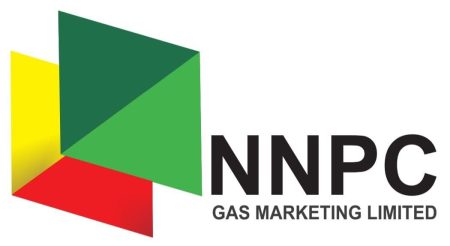
21 August 2016, Lagos – LAST week, we published the first part of our exclusive story on how much Nigeria earned from crude oil since exploitation started in 1958 at Oloibiri, in present day Bayelsa State, and June 2016.
Today, we serve you the concluding part of the story detailing how the oil producing areas have been short-changed in the sharing of the N96.212 trillion crude oil earnings, effects of oil exploitation and why calls for restructuring, resource control and fiscal federalism are unceasing.
Of the N96.212 trillion, which accounts for about 80 per cent of the country’s federal revenue, only N12.3 trillion has been paid to the oil producing areas as derivation. The figure is N35.848 trillion less than the N48.106 trillion the oil-bearing regions should have got as derivation if 50 per cent derivation had not been jettisoned few years after crude oil became the chief revenue earner.
The First Republic civilian administration of Sir Abubakar Tafawa Balewa (1960-1965) was faithful with the 50 per cent derivation principle. Of the N91.4 million crude oil earning of the period, it paid N45.7 million derivation.
A derivation of N11.5 million was also paid during the General John Thomas Aguiyi-Ironsi military regime of January to July 1966. Thereafter, the oil producing areas got no derivation for a period of 14 years (1967 to 1981) during the first oil boom era of the 1970’s under the Generals Yakubu Gowon and Murtala Mohammed/Olusegun Obasanjo military regimes.
Among the over 13 administrations/regimes that have ruled the country since 1960, former President Goodluck Jonathan, paid N6.63 trillion derivation, the highest and more than 50 per cent of the N12.3 trillion paid so far to the oil producing areas (see table) – although it should be stated that the Jonathan administration got the largest chunk of revenue from crude sales (N51trillion).
However, the huge earnings since 1958, arguably, have translated to little or no improvement on the welfare of the citizenry, especially the people of the oil producing areas, whose environment – land, water and air – has been adversely contaminated and, in many cases, devastated and polluted.
Effects of oil exploitation In the last 25 years, about 2,500 persons have been killed in pipeline-related explosions and accidents in the region. Indeed, a World Bank report warns that 40 per cent of habitable terrain in the Niger Delta area would disappear in 20 years if strong-willed re-mediation was not carried out. And the Federal Government admitted that more than 40,000 oil spills had occurred in the past 58 years of oil exploration.
In the report, the World Bank claimed that the palm groves, shorelines, creeks and other habitable areas would be washed away by erosion as well as spills due to vandalism, system failure and crude oil theft. Apart from effects of oil spills, gas flaring constitutes a veritable hazard. It causes acid rain which acidifies the lakes and streams and damages crops and vegetation.
It reduces farm yields and harms human health; increases the risk of respiratory illnesses, asthma and cancer and often causes chronic bronchitis, decreased lung function, blindness, impotence, miscarriages and premature deaths. Constant heat and the absence of darkness in some communities have done incalculable damage to human, animal and plant life in affected areas. Gas flares also cause affected places to be covered in thick soot, making even rain water unsafe for drinking.
A United Nations Environment Programme (UNEP) report, in 2011, criticised how the Shell Petroleum Development Company (SPDC) deals with the environmental damage it has caused in the Niger Delta, especially in Ogoniland. UNEP said Ogoniland needed the world’s largest ever oil clean-up, which would cost an initial $1billion or N160 billion and could take 30 years.
The Administration of President Muhammadu Buhari has started the process of cleaning up Ogoniland but how far the clean up would go is a matter of conjecture. Mention is yet to be made of other affected communities.
- Vanguard



